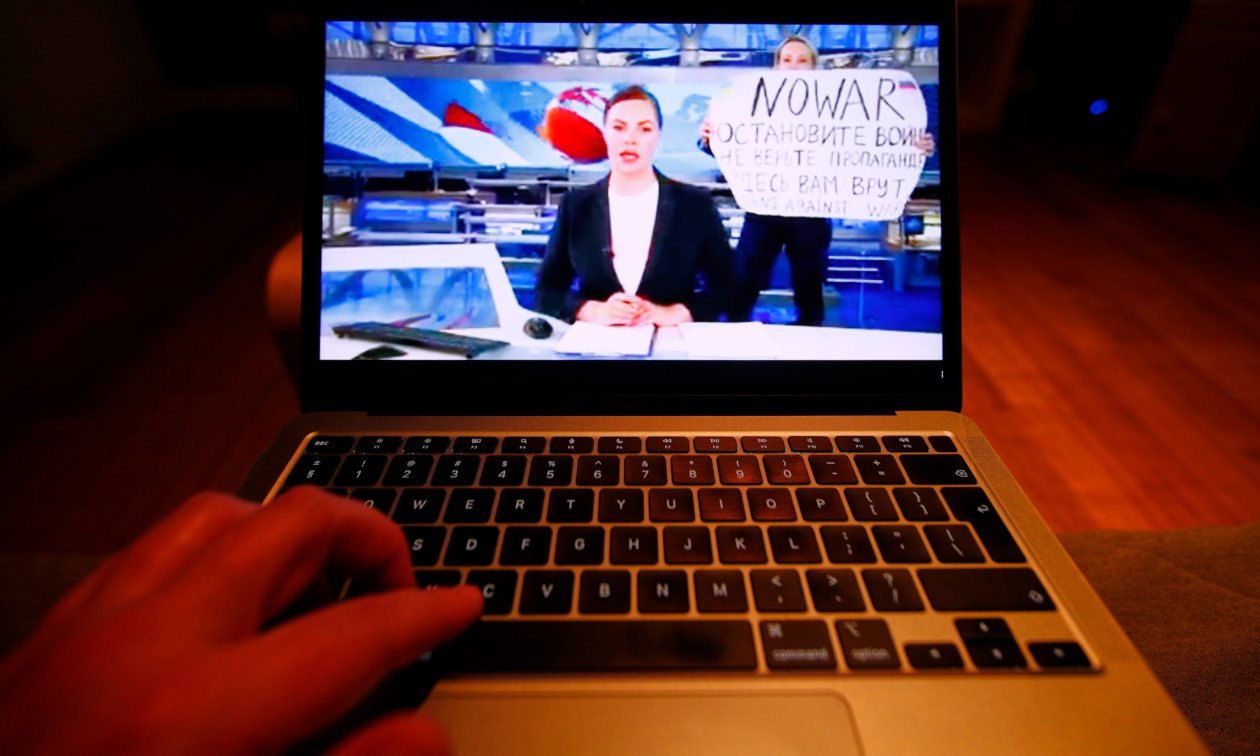State control, strict regulations and repression are the key features of the Russian media landscape – more than ever since the start of the invasion of Ukraine. All the country's large media outlets now belong either directly to the state or to state-affiliated oligarchs and corporations.



























